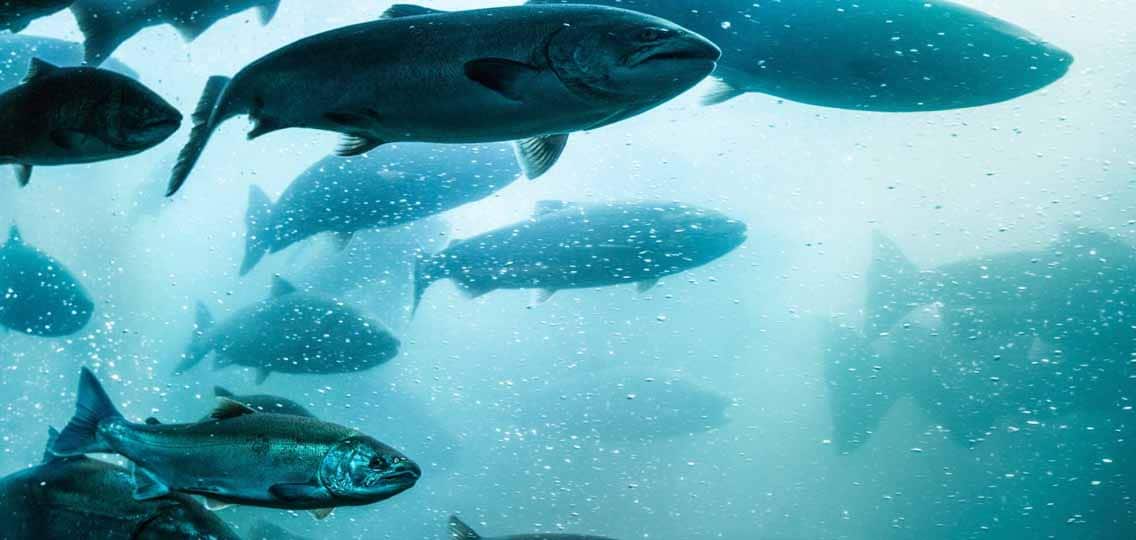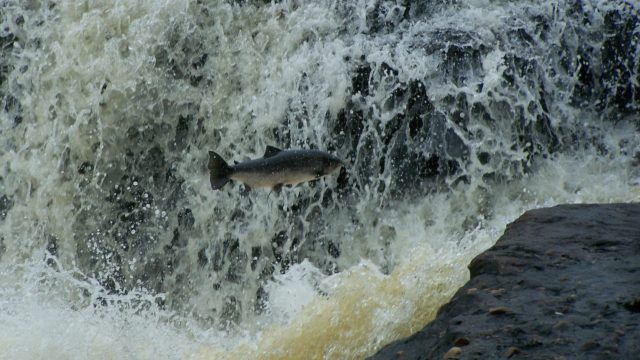We’re in court this month to ensure that the provincial government of Newfoundland and Labrador is held to account for failing to properly regulate fish farms.
The province of Newfoundland and Labrador approved the expansion of Indian Head Hatchery without a proper environmental assessment, and we are taking them to court to make them follow the law.
Ecojustice, acting on behalf grassroots groups and individuals concerned about the health of wild Atlantic salmon stocks, asked for a judicial review after the province’s Minister of Municipal Affairs and the Environment unlawfully released the Hatchery Expansion from environmental assessment.
The expansion of the Stephenville facility, owned by Mowi and which provides smolt to Northern Harvest Sea Farms, poses a threat to the last of Canada’s healthy wild Atlantic salmon populations, and could further stress wild salmon populations already in decline. The environmental assessment for the Indian Head Hatchery expansion was scoped to exclude the project’s marine portion — that is, the addition of 2.2 million smolt to open net pens on Newfoundland’s south coast.
These kinds of regulatory shortcuts could have devastating effects on populations of wild Atlantic salmon in Newfoundland and Labrador, as well as creating an environmental mess.
In October 2019, a mass salmon die-off in NL at Northern Harvest Sea Farms, owned by Mowi, resulted in millions of pounds of dead fish polluting the ocean and shorelines and caused a public outcry. Warmer waters, containing less oxygen, are thought to have caused the fish to suffocate. If appropriate measures had been put in place following environmental assessment, it is possible that this disaster could have been avoided.
Regulatory short cuts can also have devastating effects on populations of wild Atlantic salmon in Newfoundland and Labrador.
Wild Atlantic salmon returning to Newfoundland’s rivers have declined 45 per cent since 2015. Unregulated fish farms pose a significant risk to the remaining population. Farmed salmon are prone to escaping, as they did in August 2019 in the Bay of Fundy, when over 1000 escaped from a Cooke Aquaculture site. Escaped salmon pose a risk to wild Atlantic salmon by breeding and disrupting the genetic stock.
The province of Newfoundland and Labrador has glaring loopholes in its aquaculture policy – these need to be closed in order to minimize the threats to wild salmon in the province. A lax regulatory environment is becoming a big environmental headache for the province. We’re hoping that our judicial review will help force the aquaculture industry to expand responsibly and in a precautionary manner – which is nothing less than what the law requires.



